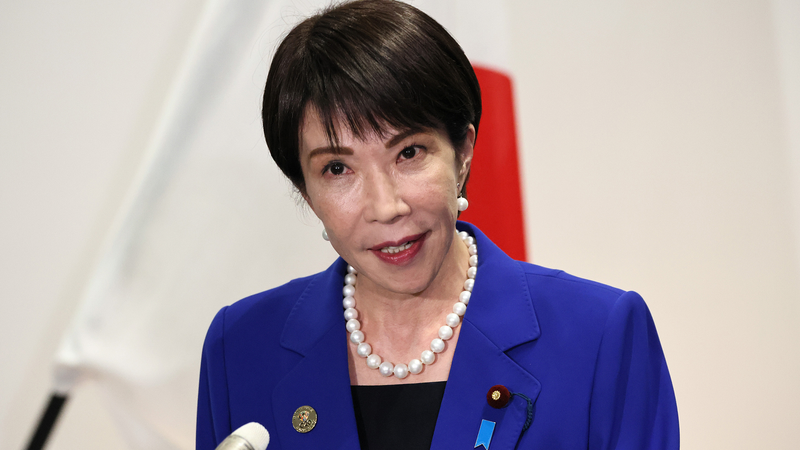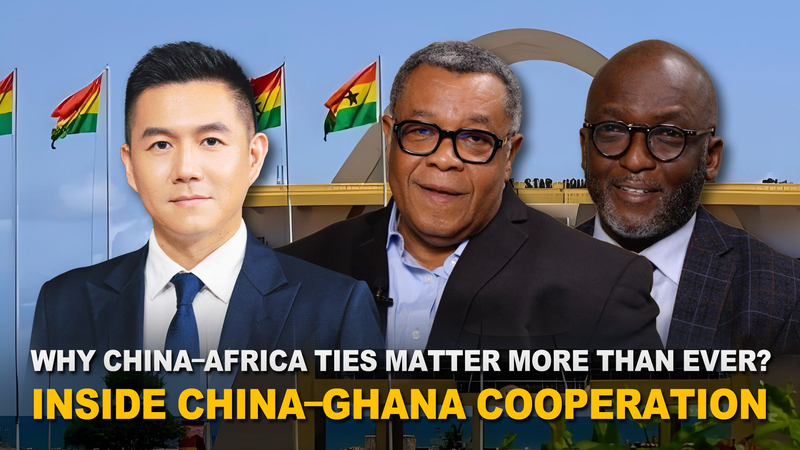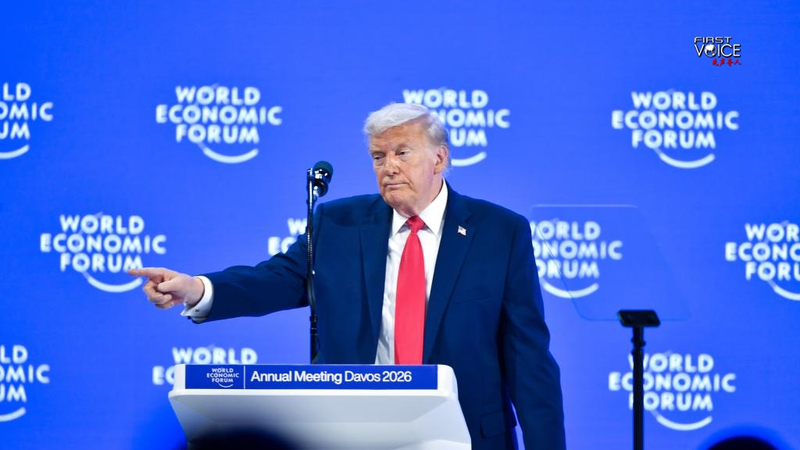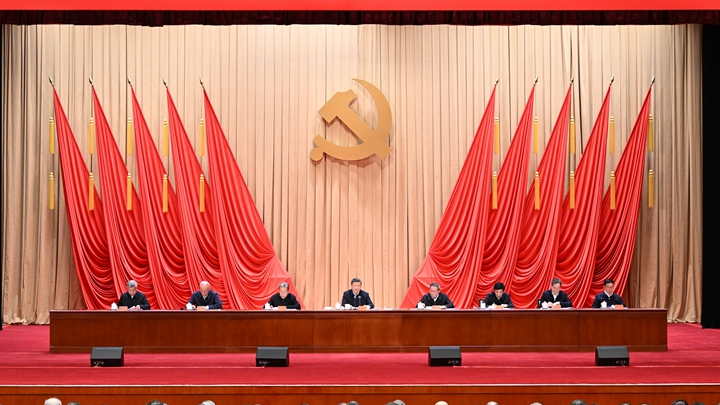This November, as the world marks the 80th anniversary of the Nuremberg Trials—a landmark moment for global justice—Japan’s recent comments on Taiwan have stirred fresh tensions in East Asia. ⚖️
Beijing denounced the statements as interference in China’s internal affairs and, in early November, China’s Ministry of Culture and Tourism issued a travel advisory for Japan. The result? A surge of cancellations from Chinese tourists. 🚫✈️
Before the advisory, Chinese travellers were projected to spend about 7 trillion yen (~$44.7 billion) in the first three quarters of 2025. But with bookings plummeting, long-standing businesses—from Asakusa tea ceremony studios to a 40-year-old Tokyo river cruise operator—are feeling the squeeze. 🍵🚢
The shockwaves hit Japan’s equity markets next. Shares of department stores, airlines, travel agencies and cosmetics companies—industries heavily reliant on Chinese shoppers—dropped sharply. Analysts warn the tourism backlash could shave off around 2 trillion yen (~$12.8 billion) in revenue over the next year. 📉
It’s a stark reminder that in today’s interconnected world, political rhetoric can carry a hefty price tag. For countries counting on cross-border travellers and global goodwill, words can reshape economies just as quickly as policies. 🌐
Reference(s):
Japan's political deviation: Provocation on Taiwan to pay high price
cgtn.com




